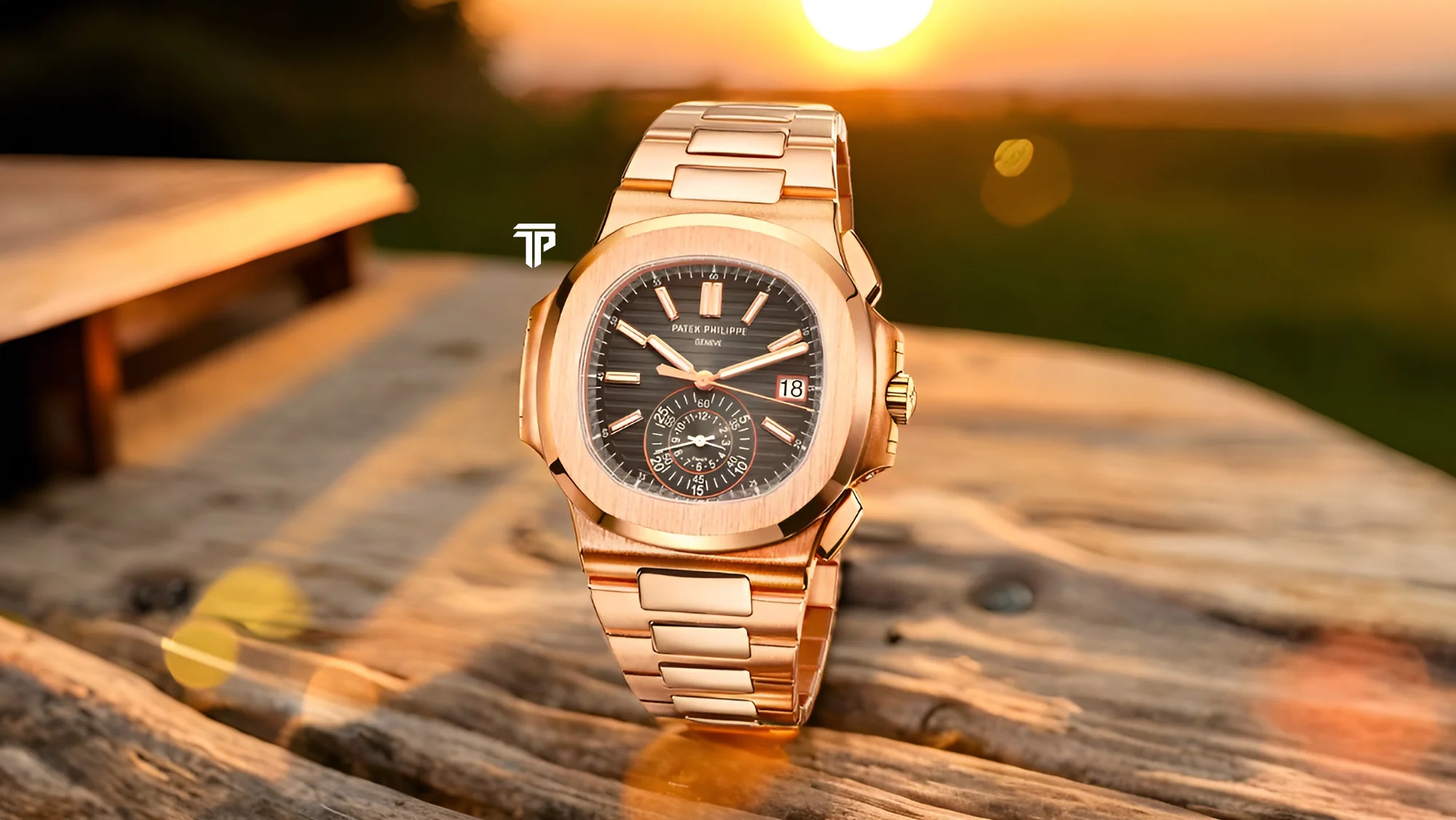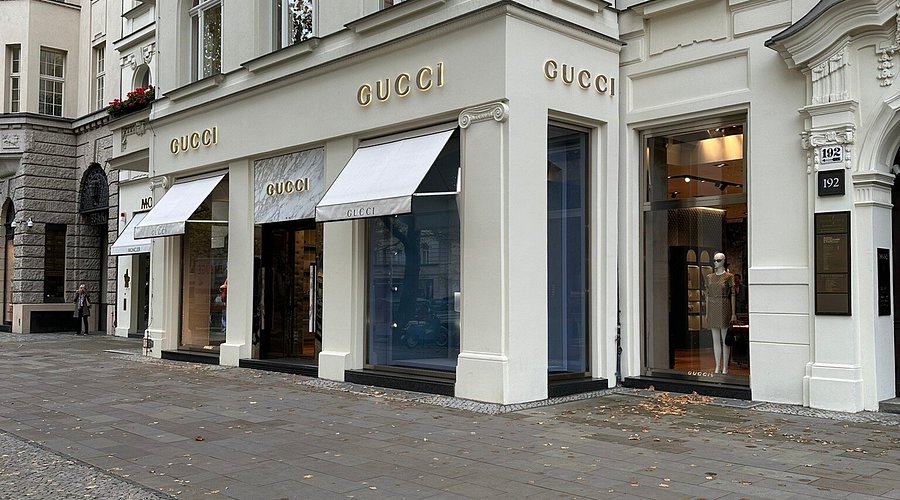The Quiet Return of Heritage Wealth Is Shaping a New Kind of Success
By
John Carter
Last updated:
November 4, 2025
First Published:
November 4, 2025

A Subtle Shift in the Language of Wealth
In a world obsessed with instant success and viral fame, something quieter is taking place behind the scenes. The old rhythm of wealth built on time, patience, and generational discipline is making a comeback. Heritage wealth, once seen as outdated or overly traditional, is quietly shaping a new kind of success—one that values restraint over excess and longevity over speed. This revival is not about nostalgia but about rediscovering what endures when the glitter fades.
From Flash to Foundation
During the digital boom, a new generation of self-made entrepreneurs flaunted their fortune through extravagant homes, bold fashion choices, and headline-making lifestyles. But as markets fluctuate and trends change at lightning speed, the ultra-rich are beginning to shift their gaze. The new aspiration is not about showcasing prosperity but preserving it. Heritage wealth embodies the idea of continuity, where family values and traditions carry more prestige than visible symbols of luxury.
The Reemergence of Family Legacies
For many established families, heritage wealth is not defined solely by financial portfolios but by the legacy that accompanies them. The reemergence of family offices, private foundations, and educational trusts shows a growing desire to safeguard values that stretch beyond profit. This sense of legacy-driven purpose is also reflected in how younger heirs manage their inherited wealth. They are blending traditional stewardship with modern social awareness, investing in sustainable ventures and cultural preservation rather than short-term gains.
A New Kind of Discretion
In the past, wealth was a spectacle. Today, discretion has become the most refined form of luxury. The descendants of old money families prefer anonymity to attention, privacy to publicity. This quiet approach has started influencing even the newly wealthy, who are now choosing understatement over opulence. Instead of racing to be seen, the affluent are embracing the power of being subtle—curating experiences and relationships that speak of refinement rather than indulgence.
Cultural Capital as the New Currency
While financial wealth remains a constant, cultural capital has emerged as the defining measure of sophistication. Art collections, philanthropic endeavors, and contributions to education or preservation projects are becoming the new markers of influence. Those who understand heritage wealth recognize that money alone cannot sustain legacy; it is the cultivation of taste, intellect, and social responsibility that truly endures. This shift mirrors a deeper cultural transformation where the essence of being rich lies not in spending but in shaping meaning.
The Timeless Value of Education and Mentorship
Heritage wealth often carries with it a quiet commitment to education. Many affluent families are returning to the tradition of mentorship, guiding younger generations to manage wealth with humility and intelligence. This educational emphasis is not limited to academic institutions but extends to life skills such as financial literacy, etiquette, and stewardship. In this sense, success is no longer measured by what one inherits but by how well one learns to protect and grow it for the next generation.
Modern Inheritance with a Moral Compass
The quiet return of heritage wealth also signals a moral shift. Unlike past eras of blind accumulation, modern heirs are increasingly aware of their social and environmental responsibilities. They are using their resources to influence meaningful change, funding ethical businesses and social enterprises. The narrative of wealth has evolved from mere privilege to purpose, and those embracing this mindset are redefining what it means to be successful in the twenty-first century.
Blending Old Traditions with New Innovation
Heritage wealth today is not confined to old estates or centuries-old fortunes. It is also being reimagined by first-generation wealth creators who seek to build lasting legacies. Many entrepreneurs who once thrived in the tech or finance world are now adopting the values of old money—creating family structures, endowments, and foundations designed to outlive them. This blend of innovation and tradition gives rise to a balanced form of affluence that respects the past while anticipating the future.
The Allure of Permanence in a Temporary World
In an era defined by trends and fleeting success, permanence has become rare. Heritage wealth offers that sense of continuity that modern life often lacks. The desire to belong to something lasting—to a family name, to a set of values, to a purpose—has reawakened among the wealthy. This longing for endurance explains why more affluent individuals are investing in long-term assets like vineyards, art collections, and educational institutions that symbolize stability and timelessness.
Redefining Success Through Legacy
Ultimately, the quiet return of heritage wealth reflects a profound redefinition of success. It is no longer about accumulation or attention but about endurance, influence, and identity. The families and individuals who understand this truth are shaping a future where wealth is not measured by its size but by its story. In this new chapter of prosperity, silence speaks louder than spectacle, and legacy has once again become the truest symbol of success.
Subscribe to unlock premium content
Sed at tellus, pharetra lacus, aenean risus non nisl ultricies commodo diam aliquet arcu enim eu leo porttitor habitasse adipiscing porttitor varius ultricies facilisis viverra lacus neque.
A comprehensive guide on Agile development

10 Productivity tools that are worth checking out

Top 7 Must have management tools for productivity

A comprehensive guide on Agile development

10 Productivity tools that are worth checking out

A comprehensive guide on Agile development









